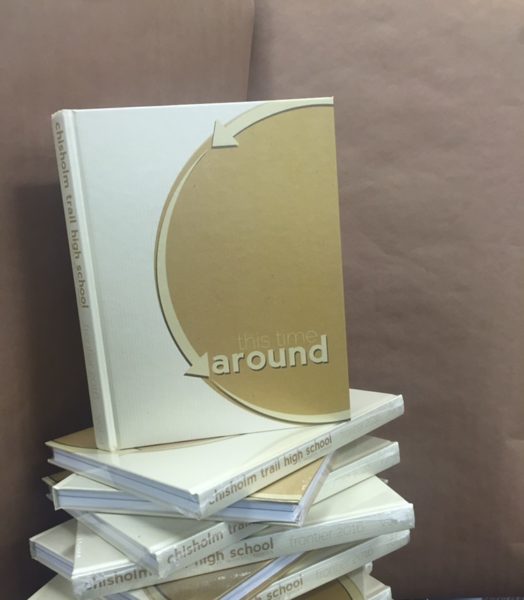Wake Up Call
Students seeking scholarships have some work to do junior year.

I open my eyes in the morning at the alarm, but unlike other students my first thoughts are not of dreams I had or the people I look forward to seeing that day.
I dream of scholarships.
And applications.
And deadlines.
The end of February of junior year marks a huge invisible turning point. This is the time where those scholarships “for high school juniors” come due and deadlines appear on calendars mounted on walls. The beginning of Spring means I have to figure out how to explain why I deserve 1000’s of dollars for college in 500 characters or less.
It’s the time where I need to figure out how much income my mother made over the last year even though she still has not finished filing taxes.
It’s that time where I start thinking as I begin a new application “wow, I regret doing absolutely nothing freshman year.”
However, the stress and anguish are worth it if you benefit from the process, and I have found a few ways to make things a bit easier.
First, be proactive.
A pet peeve of mine is to listen to my peers sit and whine about not having been handed a scholarship application, as if thousands of dollars are just something foundations and organizations just hand out to high schooler’s.
And if it’s not that then it is “well I don’t know where to look for scholarships.”
Google.
That’s the answer. Just as Google is the answer when it comes to school work and research, Google is the answer to finding money for college.
My favorite scholarship websites are cappex.com, scholarships.com, and fastweb.com where with a little bit of student info hundreds of scholarships can be found. They’re easy to use, they’re reliable, and they’re efficient.
Although there are tons of scholarships out there from merit to essay, there are usually a few similarities in each of the applications that may help you reduce the time you spend.
Lists
I’ve noticed nearly every scholarship committee asks for a list of clubs and events you’ve participated in. I write down every time I do anything: a date, a contact number, and a note on what I did that day to make sure I never forget any of my volunteer experiences or clubs I’ve been in.
The Essay
Another thing scholarship committees enjoy asking for are essays where you provide a window into the inner-you or are given an incredibly broad prompt and told to run with it. These essays are important as well as easy to mess up.
When I was applying for a merit scholarship earlier this year, I wrote everything down about me that I could possibly include in the text box, from my family situation to my UIL academic awards, but I know now that including every detail is an easy way to waste an opportunity to show your personality beyond your accomplishments.
Genkellyscholarship.com is an excellent website for advice from how to write an essay to where to look for scholarships. The site authors suggest you provide scholarship judges with a narrow yet important glimpse into your life, usually a moment that defines who you are today, rather than trying to include everything you have ever done.
Recommendations
And then there’s the letters of recommendation. Don’t procrastinate like me; tell your mentor, teacher or counselor EVERY LITTLE DETAIL they could possibly need to know from where to address the letter to how long it needs to be. Send an email letter request to your teacher or counselor with bullet points of items you feel need to be included and a specific deadline to ensure a good recommendation letter.
Good luck to anyone either starting applications or finishing them up. Soon, you’ll be doing what I am doing now. Waiting. Checking my email every minute for word from that scholarship committee.
And sleeping a little bit more.








